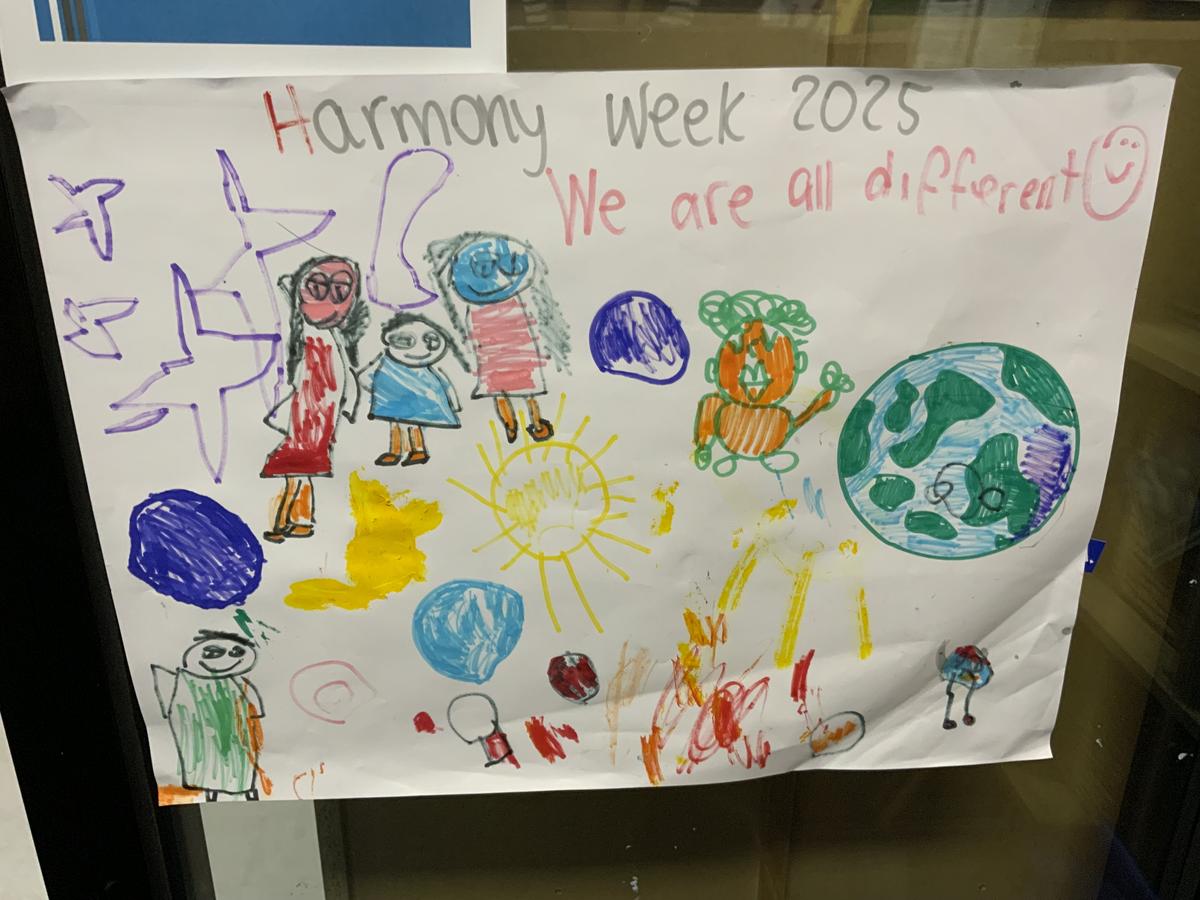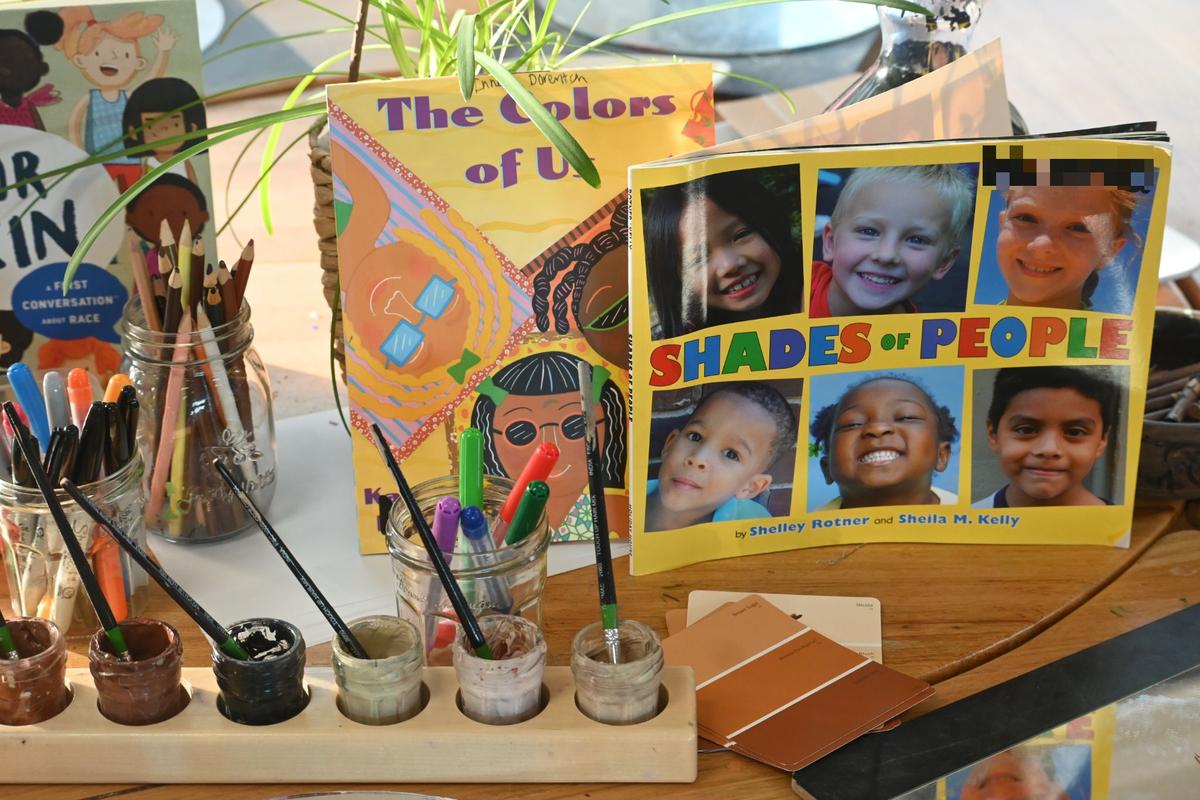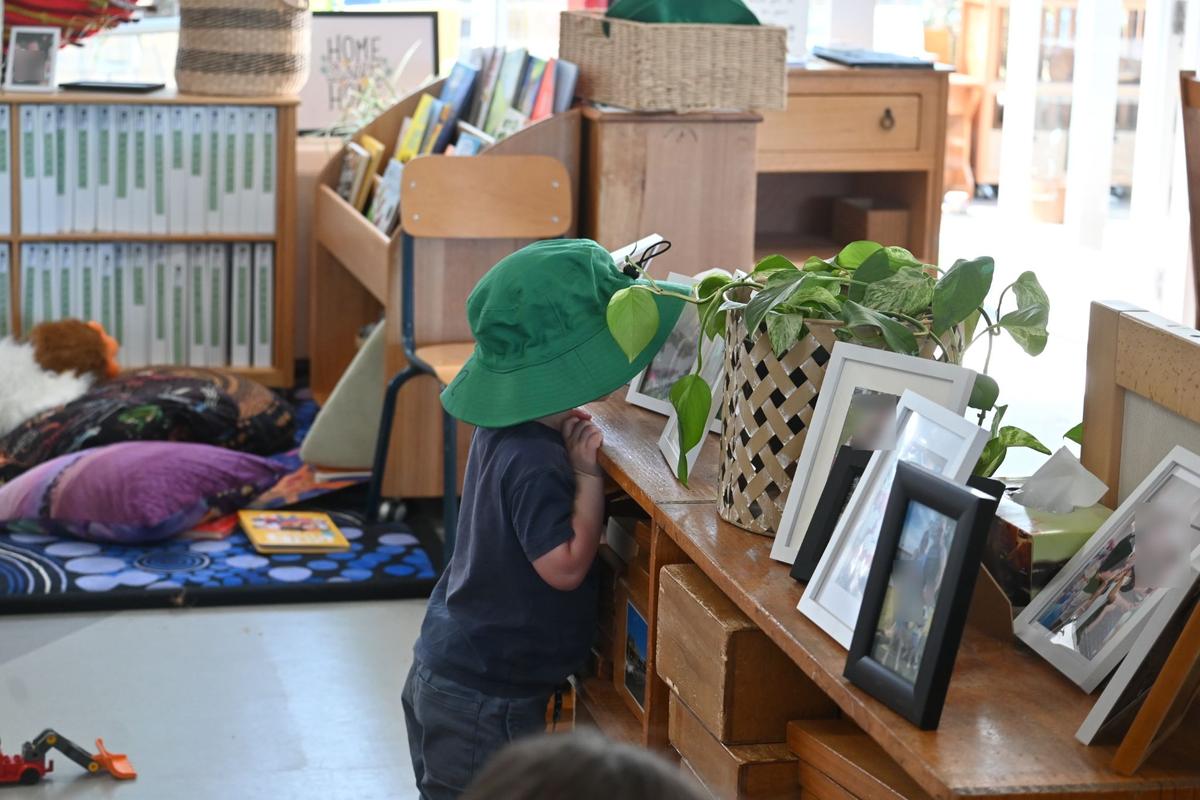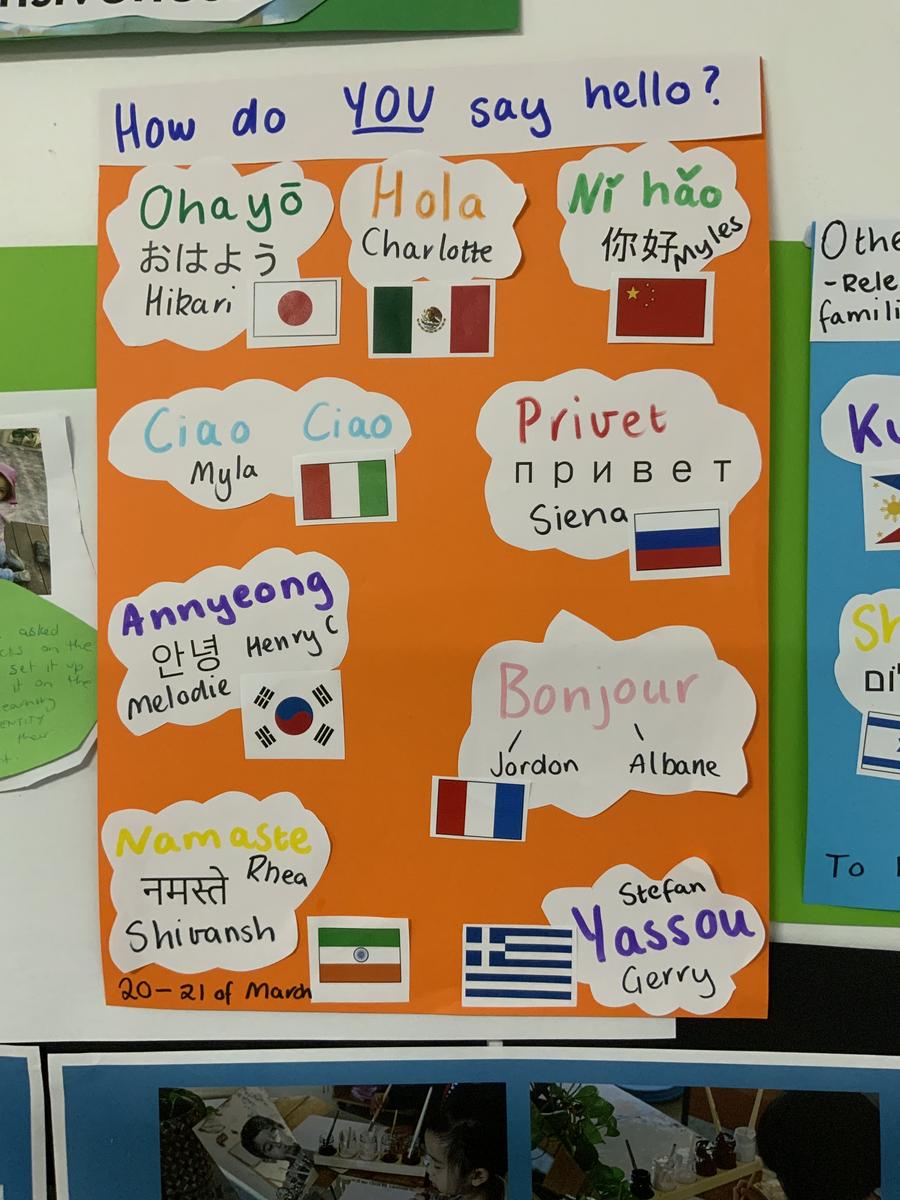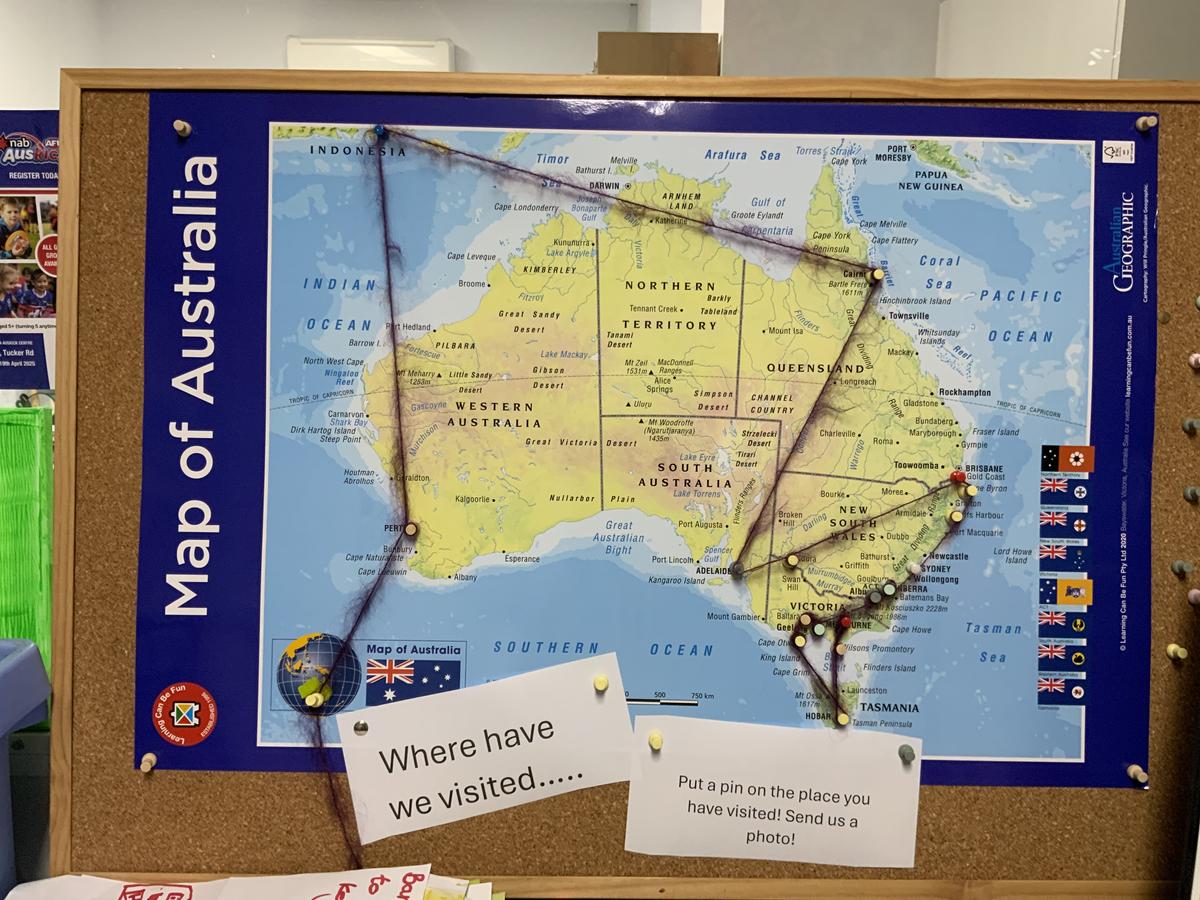Glen Education Bentleigh East

Cultural Responsiveness
By Innesa Dorevitch, Early Childhood Teacher
At our kindergarten, cultural responsiveness is about more than just celebrating cultural events. It’s part of the way we plan, play, and connect with families every day. Cultural responsiveness is part of everything we do.
We believe it’s important that every child and family feels seen, respected, and valued through the choices we make in our environment, routines, communication, and learning.
Meaningful Everyday Actions
We include simple, meaningful actions that show respect for the diverse backgrounds of our children. For example, we use Mandarin words in everyday conversations such as 谢谢 (xiè xie), pronounced "shyeah-shyeah," which helps children feel proud of their language and invites others to learn alongside them.
We’ve also been embedding Aboriginal and Torres Strait Islander perspectives by using language such as “Walk on Country” during our outdoor play and nature walks, helping children connect to the land and understand its significance.
Connecting Home and Kindergarten
This term, we invited families to send in photos of meaningful moments from their weekends or special places they visit, traditions they enjoy, or simple routines that matter to them. This has helped us include more of each child’s home life in our program and prompted rich conversations about family, identity, and belonging.
Respecting Cultural Differences
At our kindergarten, we value and respect the different cultures and traditions of the families we work with. Another way we have done this recently is by learning about the Jain diet, which avoids root vegetables as part of its practice. To be inclusive, we planned and planted a special garden that grows a variety of vegetables suitable for Jain families, not just root vegetables. This way, children and families who follow this diet can see their culture reflected in our learning environment and feel welcome.
Ongoing Reflection and Inclusion
Part of being culturally responsive means we also take time to reflect on our own beliefs and assumptions. We understand that everyone has biases, sometimes unconscious, and it’s important for us as educators to recognise these so we can provide a fair and respectful environment for all children and families.
We are committed to actively challenging any unfairness or discrimination we see. This helps us create a space where every child feels safe, valued, and included. We take genuine interest in each family’s values and ways of life, always without judgement. We ask open-ended questions during enrolment or parent chats such as, “Are there any traditions or values important to your family that you’d like us to know about?”
Through these everyday actions, we work to build a kindergarten environment where all children can grow up feeling proud of their identity and connected to the diverse world around them.

